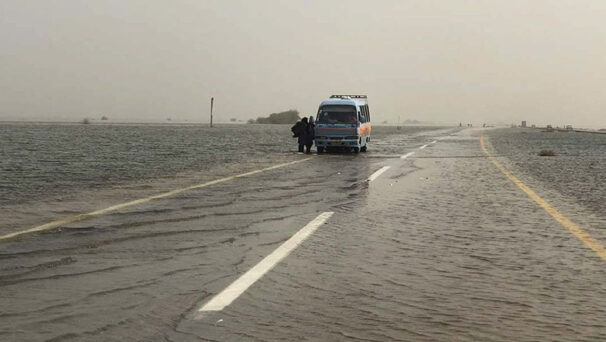
Iran, yet another country in the bull’s-eye of U.S. imperialism, has probably one of the most humanist national cinemas in the world. Despite rabid U.S. attempts to demonize the people of Iran, the country’s rich history of filmmaking has provided a different picture entirely, of a country defending itself through many chaotic transitions in power, brought on by outside interference.
Iran’s national cinema follows the shape of change brought on by changing governments. The 1953 coup that overthrew the elected government of Prime Minister Mohammed Mossadegh brought in the dictatorship of the Shah with Western sponsorship. He survived a coup attempt in 1963 and led a ruthless regime until finally removed by the Iranian people in an uprising by secular intellectuals, clergy, and leftists in 1979.
The controls on filmmaking have changed over the decades, based on who’s ruling, and are analyzed in depth in a documentary featuring many of the major directors over the years. Iran: A Cinematographic Revolution (2007) is available to watch free on YouTube and will give the viewer a better understanding of what makes Iranian cinema unique. Many critics rate Iranian cinema as one of the most significant artistically, comparable to the classic Italian neorealist movement.
Typical of many Iranian dramas, the plot is basic, and the characters are human beings who react to tragic events. Main themes are about children overcoming obstacles, true stories, lyrical, mystical drama, real-life problems, documentary footage, with little sex, violence, or even swearing. The stories are often engrossing, human-centered and respectful, much deeper than the simple plot outline would imply.
The 2020 Toronto International Film Festival, in its abbreviated form online, featured two new films from the country that is famous at film festivals around the world. The debut feature film by Farnoosh Samadi, 180 Degree Rule, centers around a school teacher who plans to attend a family wedding outside of town. Her husband forbids her to go. The tragedy that occurs makes this movie as memorable as so many other great films from a country that has developed the art of cinema to such a high level.

Probably one of the more surreal-looking films from the land of real stories is a “too true to believe” story of a couple of young musicians traveling the countryside in their beat-up van to perform at a concert in Tehran. This is a true story based on extreme flooding in large areas of the countryside. The couple seem intent on getting to their concert on time, despite the massive flooding occurring all around them. Real footage is utilized from the tragic disaster areas, with families and trucks stranded in the middle of large bodies of water. But the van plows through the flood as if it doesn’t exist.
Bandar Band is directed by Manijeh Hekmat and fueled by a seemingly improvisatory acting style by the lead characters. The story is filmed around real people who are reacting to the flooding. The viewer is drawn into this dreamlike world where in one scene you see the van as if floating through water on an invisible road with no land in sight. The relationship between the two musicians and how they react to the seemingly insurmountable obstacles could be a metaphor for what the country has gone through in the last few decades, with constant outside attempts to control the fate of the country.
Iran has paid the price for defying the U.S. and Israel by countering their interference in the country, but they’ve miraculously continued to make some of the most beautiful films in the world, full of hope and love for humanity.












Comments